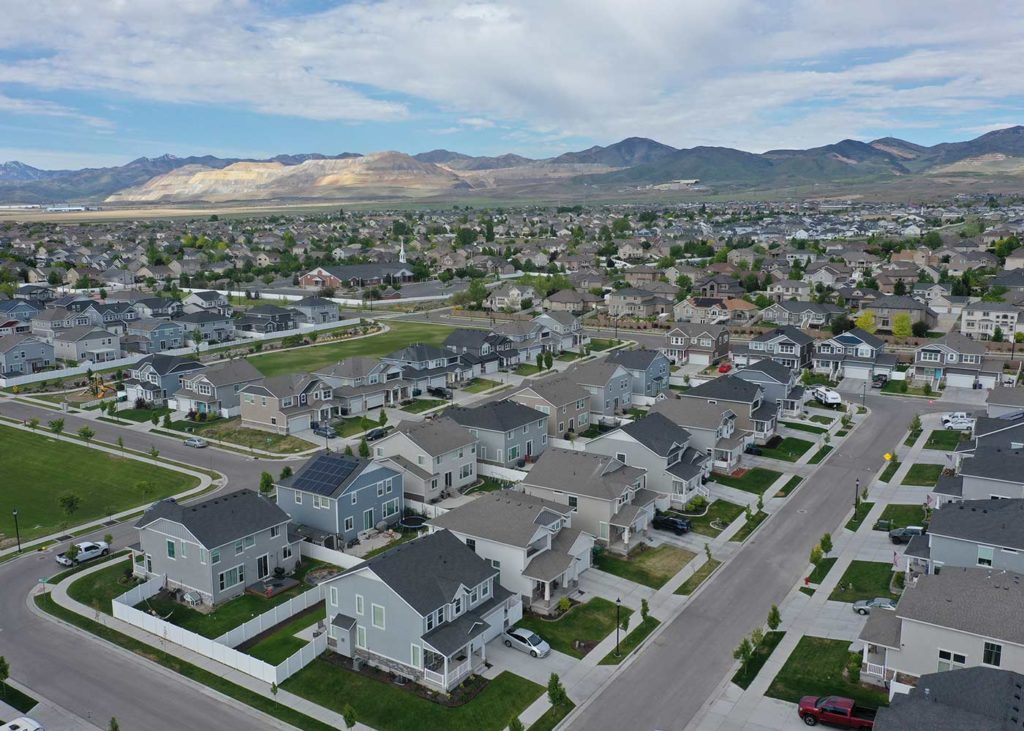Why Fireworks Bans Persist Despite a Wet Winter and Spring

It’s that time of year where cities across the state release fireworks restrictions. With the record-breaking wet winter and spring, we’ve had, these restrictions may be leaving some of you wondering – why?
- Fire Risk: One crucial factor that influences the ban on fireworks in some areas is the potential fire hazard they pose. While a wetter climate may reduce the risk, it doesn’t eliminate it entirely. Dry vegetation, like grass and brush, can still catch fire if ignited by fireworks, especially as temperatures rise and moisture levels decrease. The aim of the ban is to prevent accidental fires that could devastate the area.
- Local Regulations and Policies: Some areas in the city have pre-existing regulations and policies in place that restrict or prohibit fireworks. These restrictions stem from past incidents, community preferences, and specific bylaws.
While wetter conditions can help mitigate some hazards, they don’t entirely eliminate the potential risks associated with fireworks. For more information about fireworks restrictions in West Jordan, visit: https://www.westjordan.utah.gov/fire/fireworks/


